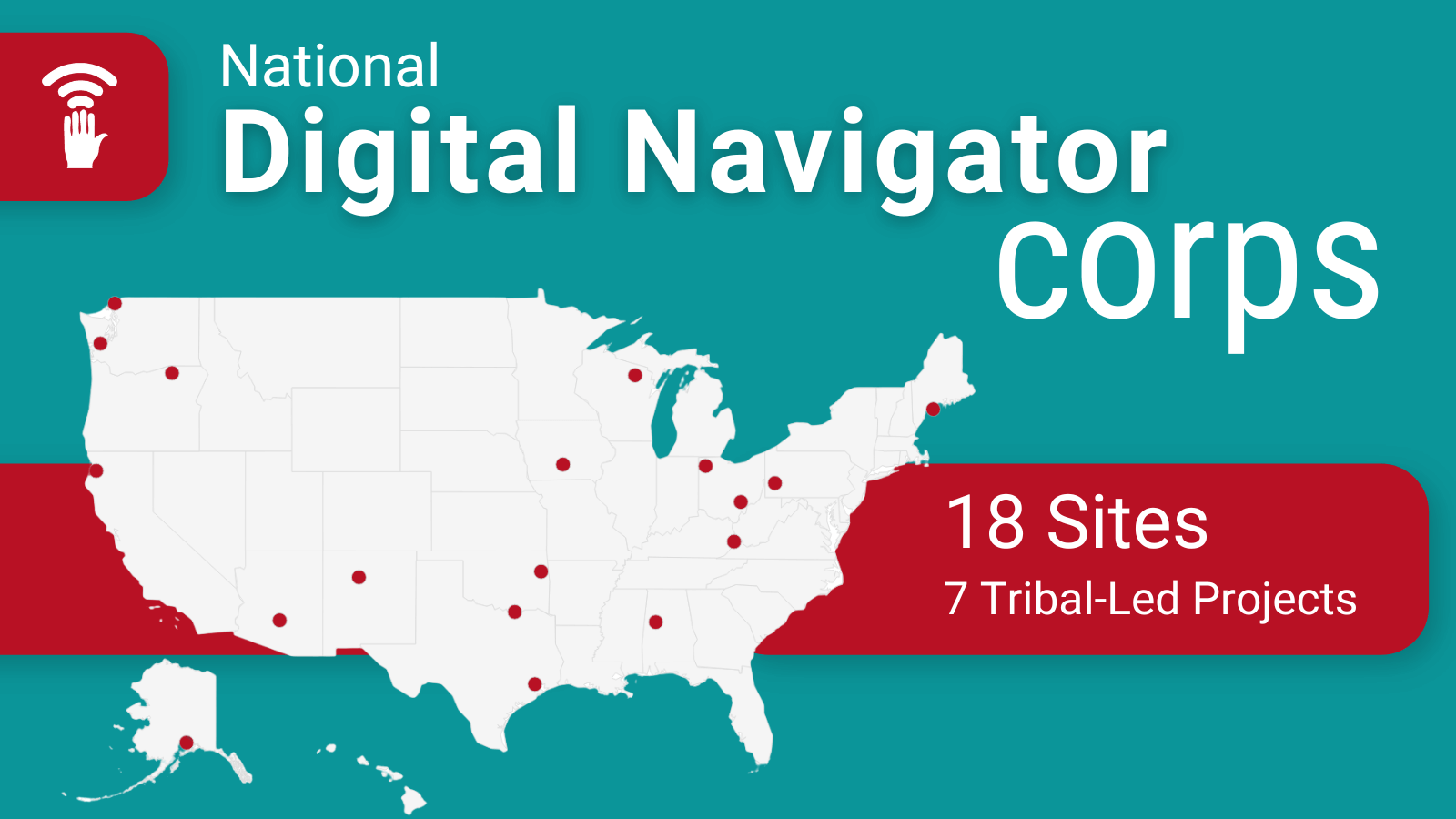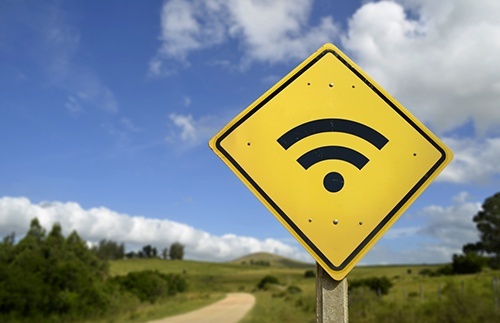Cherokee Nation receives $34M federal grant to build broadband access in unserved Cherokee communities
Published: October 13th, 2022
TAHLEQUAH, Okla. — The Cherokee Nation has been awarded a $34 million federal grant through the National Telecommunications and Information Administration’s Tribal Broadband Connectivity Program, part of the federal Bipartisan Infrastructure Law that has so far provided a total of more than $1.3 billion to tribal entities.
With funding from the Bipartisan Infrastructure Law, the grants will allow tribal nations like the Cherokee Nation to expand high-speed Internet networks, improving access to education, jobs, and health care in Indian Country.
“While there are broadband service providers within the Cherokee Nation Reservation delivering quality connectivity, we still have far too many Cherokee citizens in our rural tribal communities that are being left behind and not being served,” Principal Chief Chuck Hoskin Jr. said. “Historically, these are communities with a high concentration of Cherokee speakers and as we are rebuilding our language efforts, providing service applications online, and keeping our citizens more engaged electronically, these funds will be crucial to help us continue to close the digital divide. Now, more than 6,000 of our Cherokee households will soon be connected to their tribe, language, services, and family.”
Cherokee Nation’s funding will allow the tribe to construct more than 240 miles of fiber connectivity including telecommunications towers in a number of Cherokee communities currently lacking broadband in Adair, Delaware, Mayes, Cherokee and Sequoyah counties.
“Along with the NTIA grant, Chief Hoskin and I have tasked our Cherokee Nation work family to help leverage available resources and partnerships, along with grant opportunities, to expand broadband access to under-served or unserved Cherokee communities,” said Deputy Chief Bryan Warner. “Enhancing broadband capabilities will positively change how Cherokee families communicate for decades to come, whether for employment opportunities, education or health care and quality of life. This new funding is an exciting opportunity and we can’t wait until engineering is complete and we are able to break ground on this life-changing broadband network.”
The project is currently being engineered before construction of the fiber and wireless network is expected to begin in 2023. Cherokee Nation also plans to use the network built through the $34 million grant as a hub for future broadband expansion throughout the Cherokee Nation Reservation.
“We are making an historic investment in tribal communities to ensure reliable, affordable high-speed Internet for all,” U.S. Secretary of Commerce Gina Raimondo said in a press release announcing the grant funding. “These grants – made possible by the Bipartisan Infrastructure Law – underscore President Biden’s commitment to closing the digital divide in the United States, especially within tribal lands. Today’s awards will not only build high-speed Internet capacity within tribal nations, but also bring digital opportunities for good-paying jobs, education, and health care.”
In total, NITA’s grant funding is expected to connect more than 42,000 Native American households in the U.S. that previously had no connectivity to high-speed Internet, while also creating more than 1,000 new jobs across the country.
The Tribal Broadband Connectivity Program is a nearly $3 billion grant program that is part of President Biden’s “Internet for All Initiative.”
In 2020, Cherokee Nation was awarded a federal broadband grant to evaluate broadband expansion within Cherokee communities, awarded through the U.S. Department of Interior’s Indian Affairs Office of Indian Energy and Economic Development. The tribe was also recently awarded nearly $400,000 from the National Digital Inclusion Alliance to hire a full-time digital navigator to provide focus on digital equity efforts through the tribe’s reservation
During the COVID-19 pandemic, the tribe also formed partnerships with existing providers to help meet the needs of Cherokee citizens, and deployed nearly 11,000 mobile hotspots to Cherokee households lacking Internet access.The tribe also deployed more than 35 drive-up wi-fi locations in Cherokee communities across the reservation, allowing citizens without Internet access at home to connect while staying socially distanced.
In 2021, Chief Hoskin spoke during a virtual White House meeting with President Biden, governors, mayors, and other state leaders to discuss the need for federal bipartisan legislation, particularly for rural broadband expansion in Indian Country.
Read full article at Anadisgoi.com







